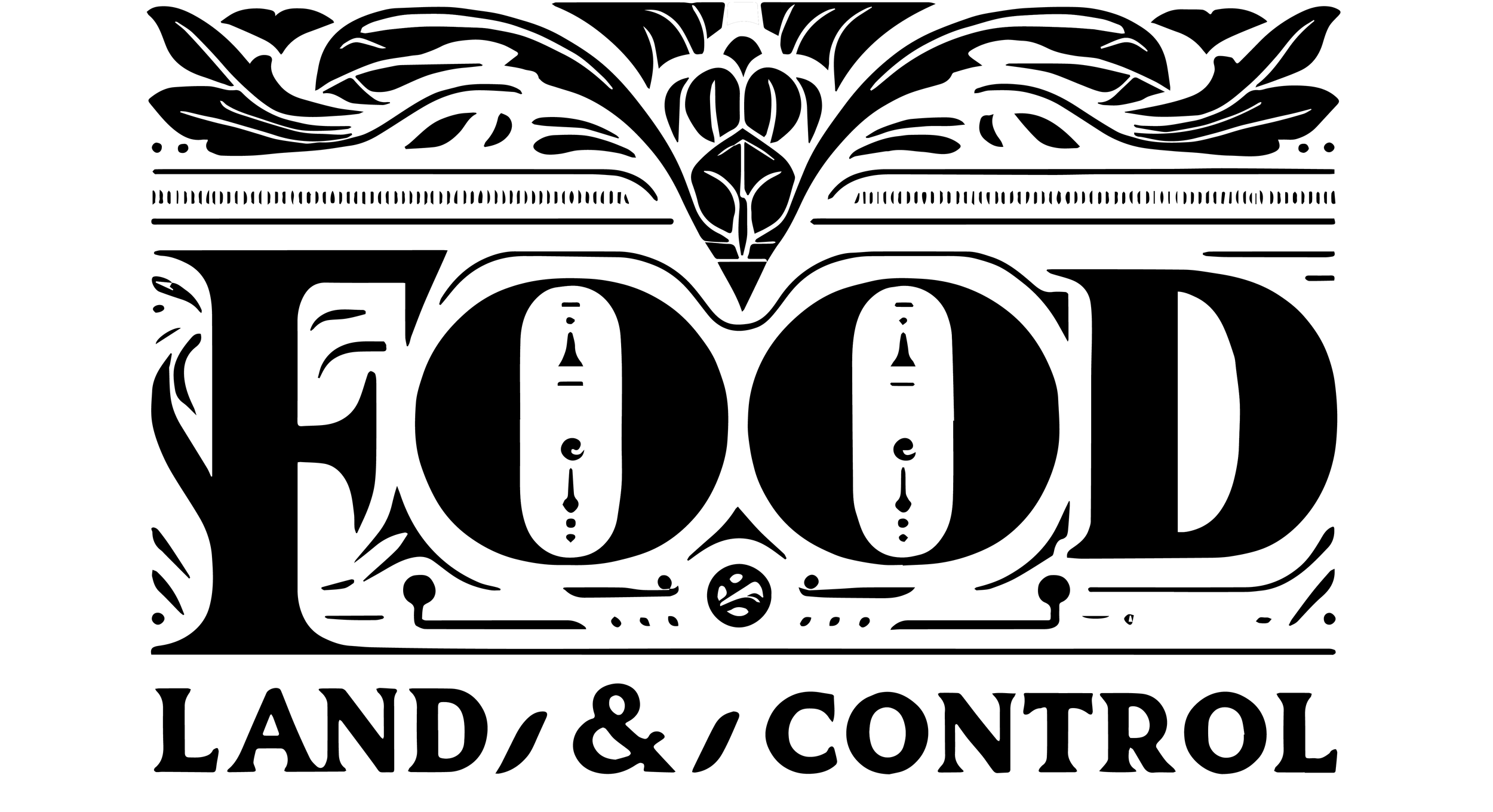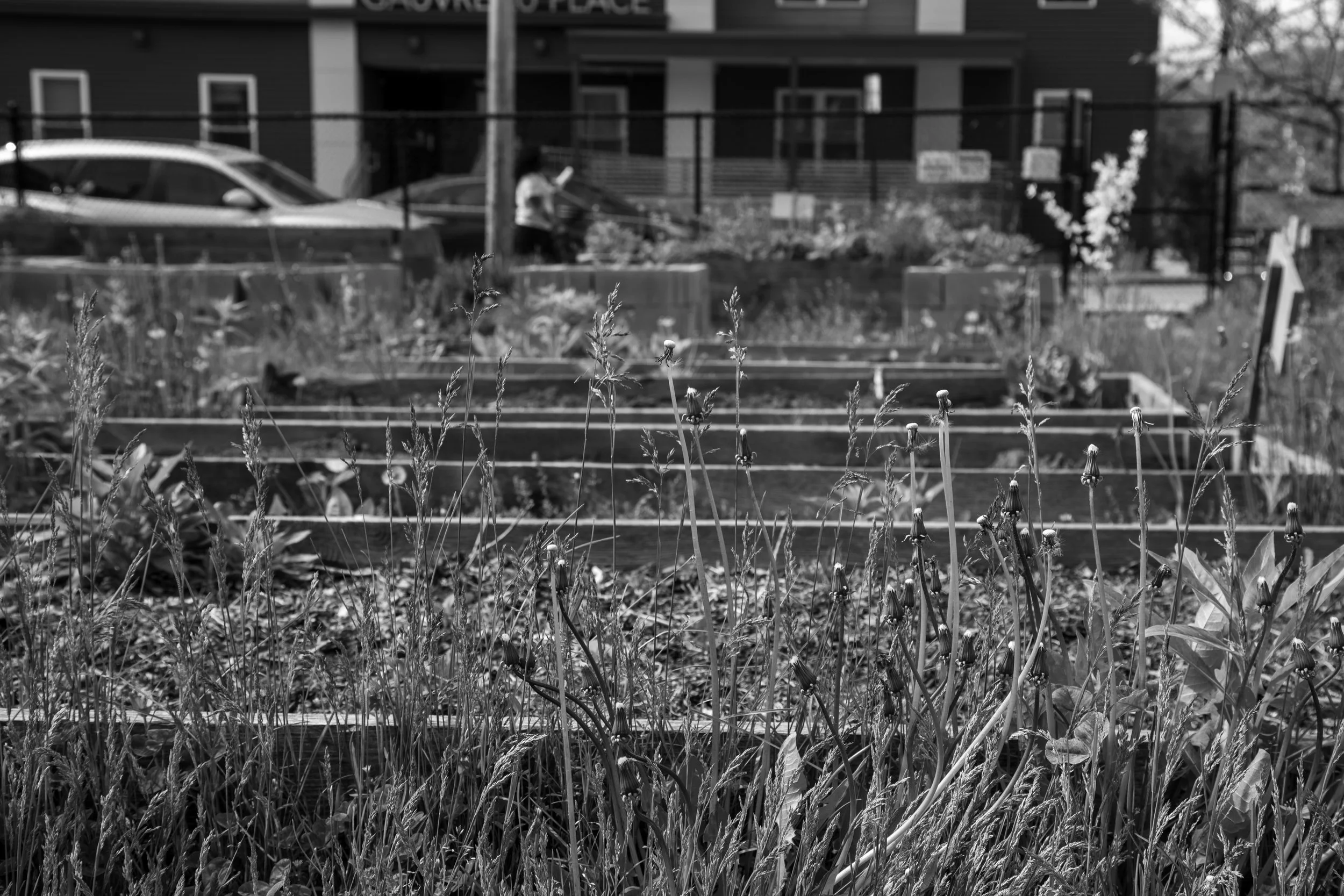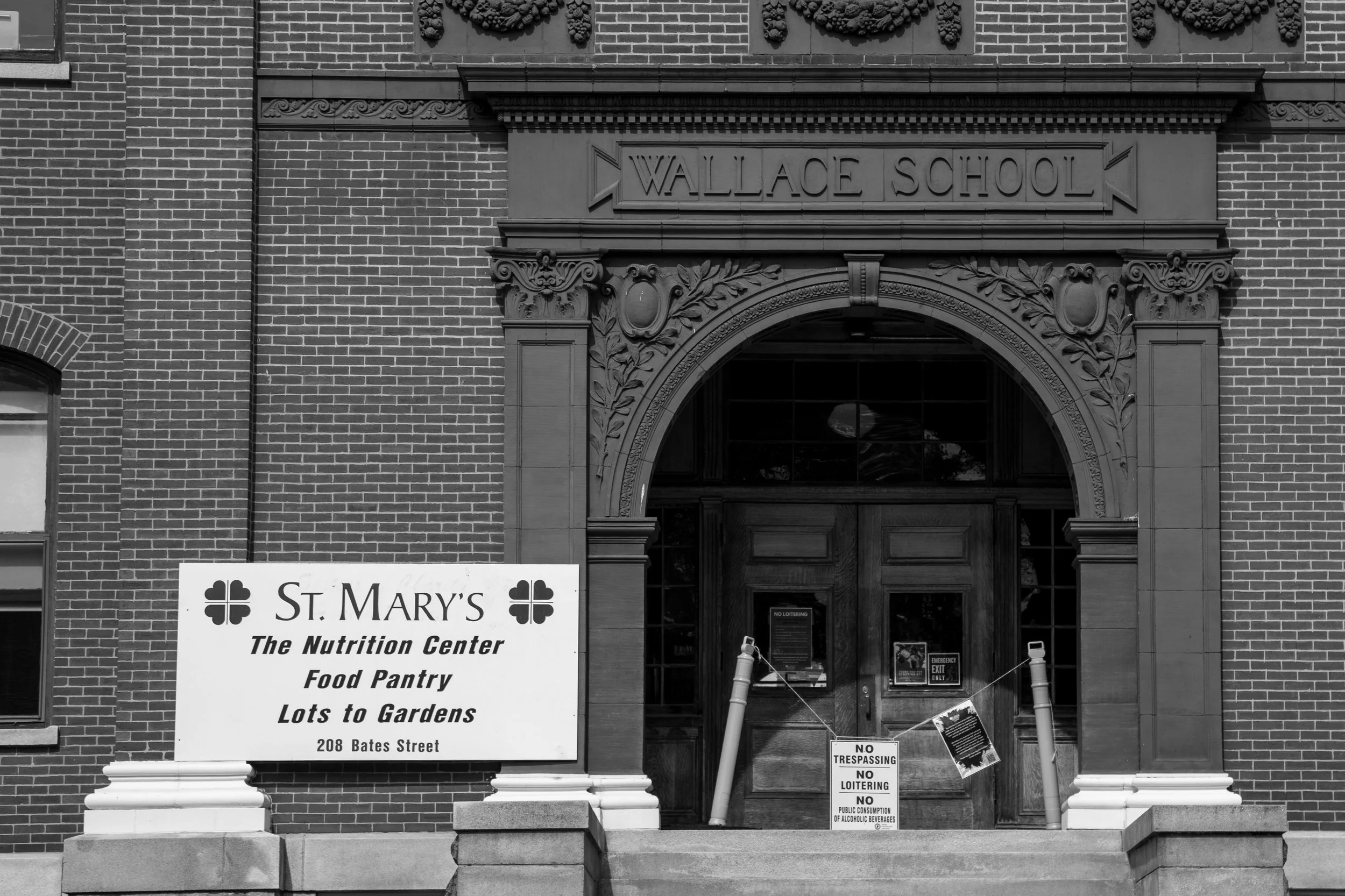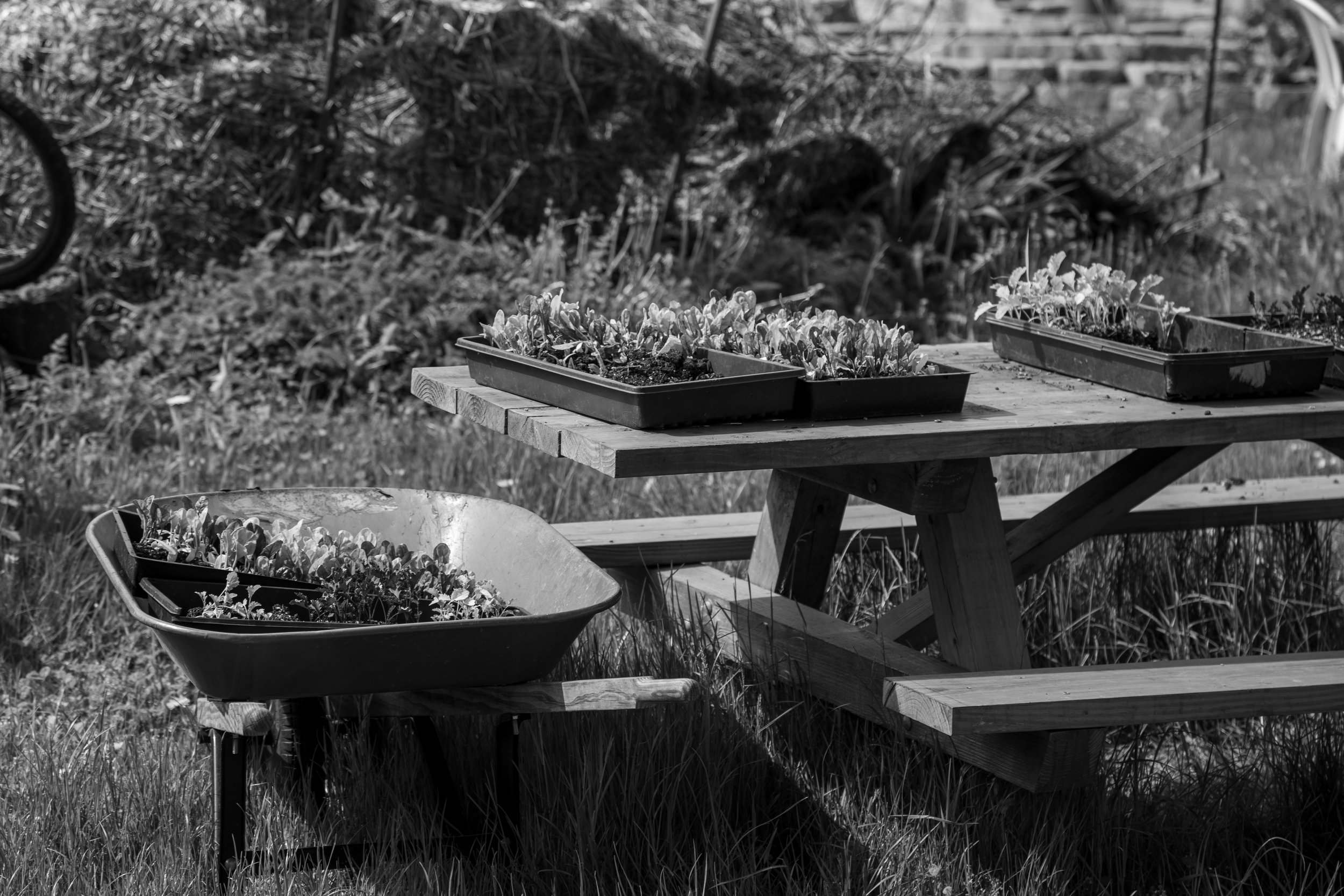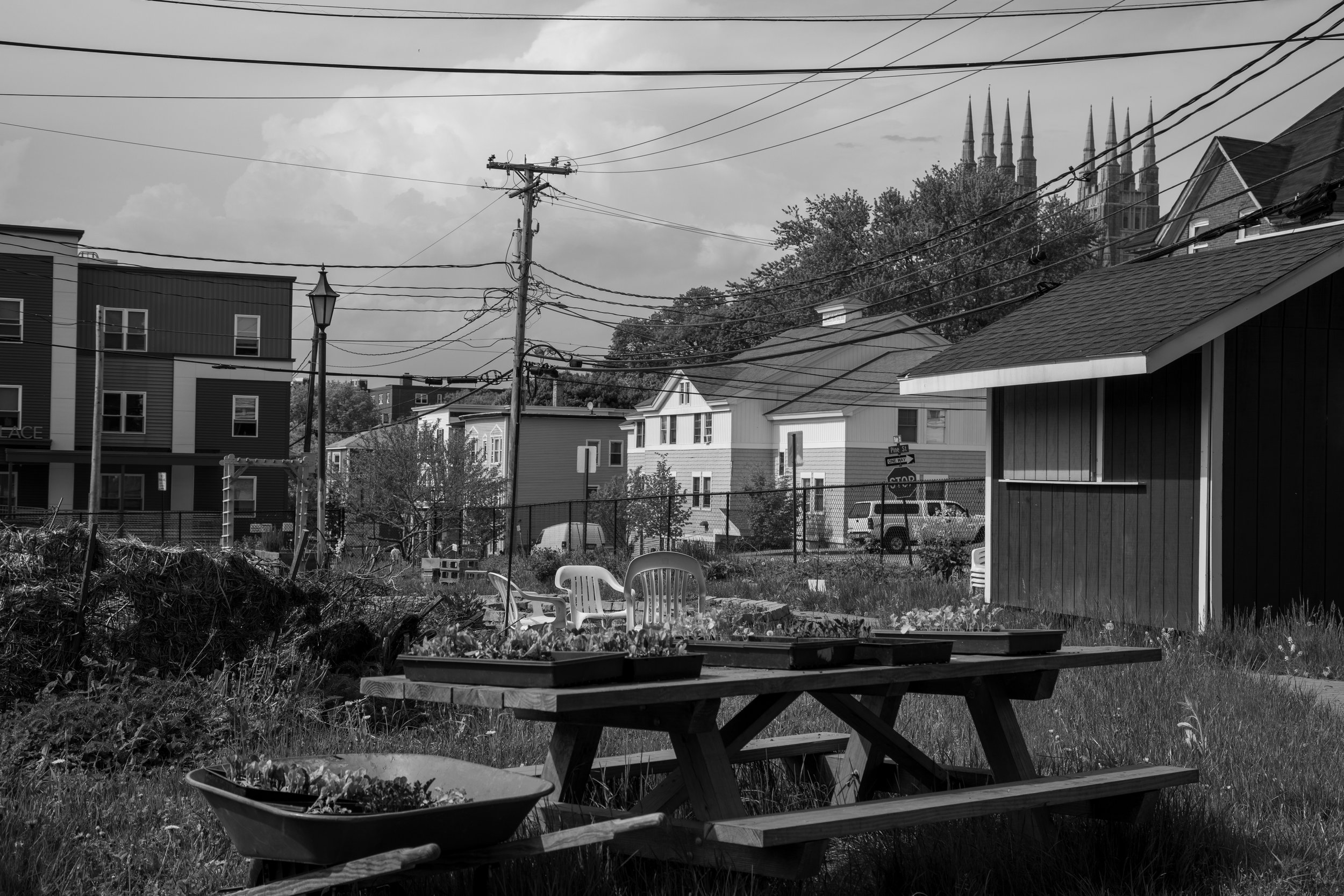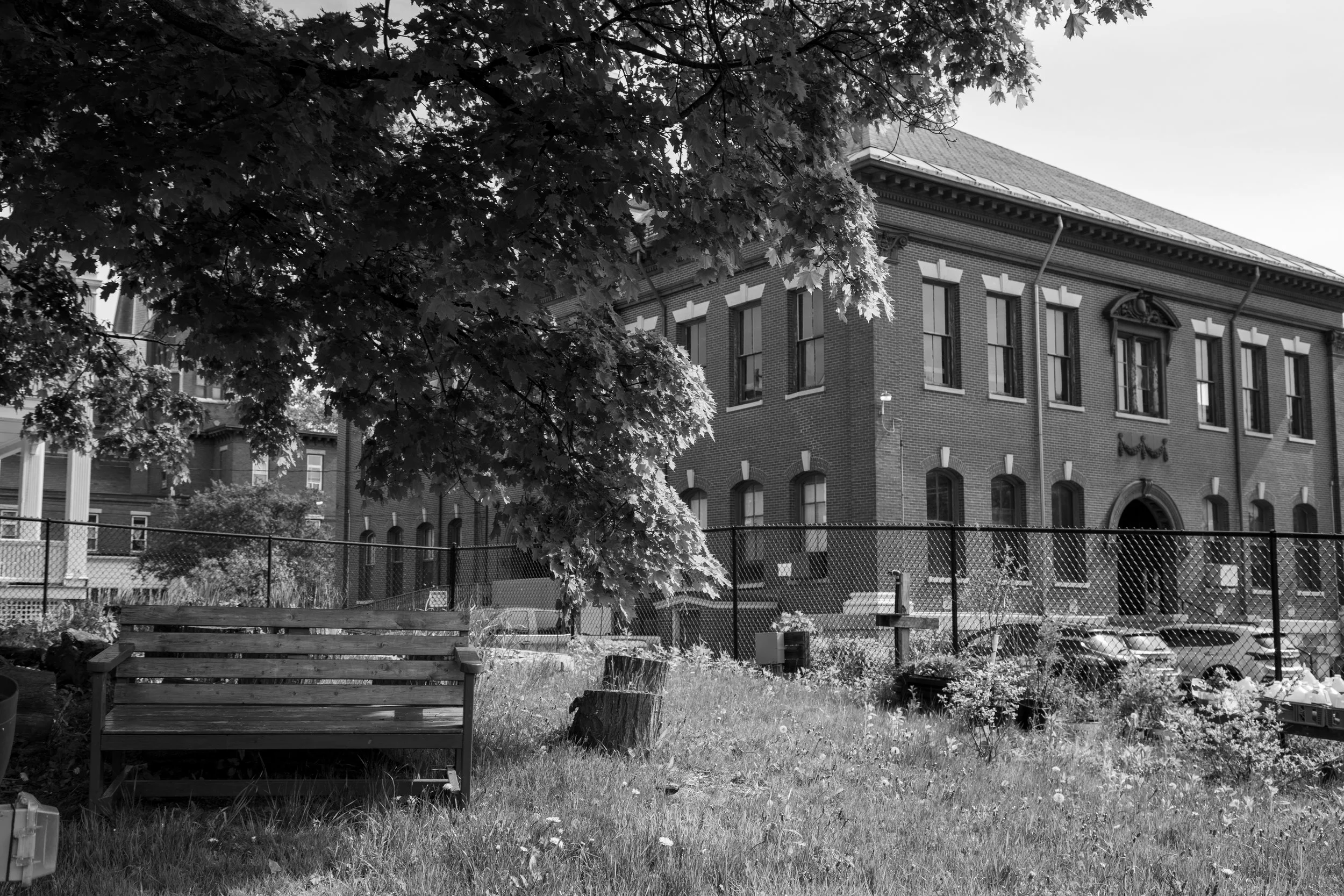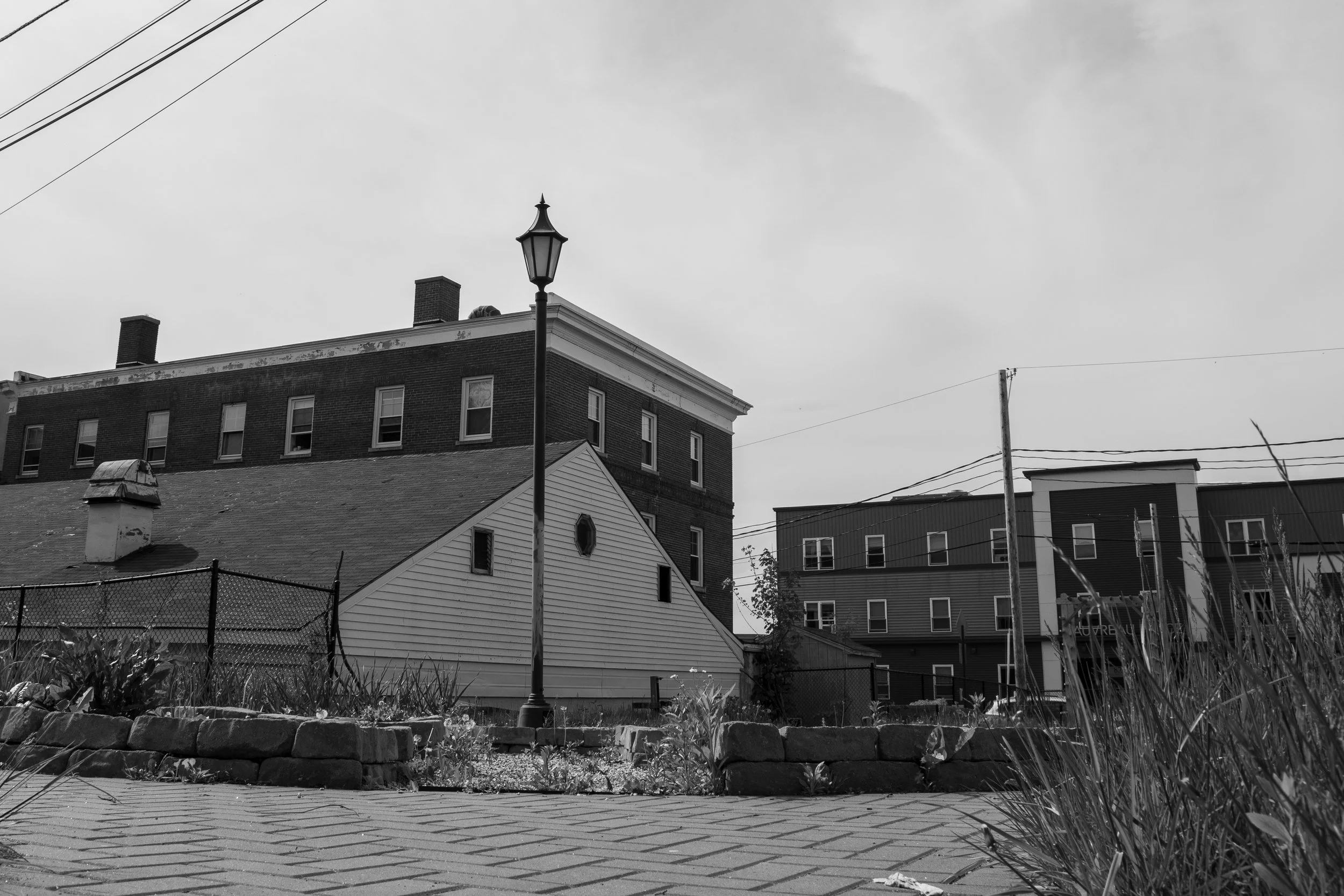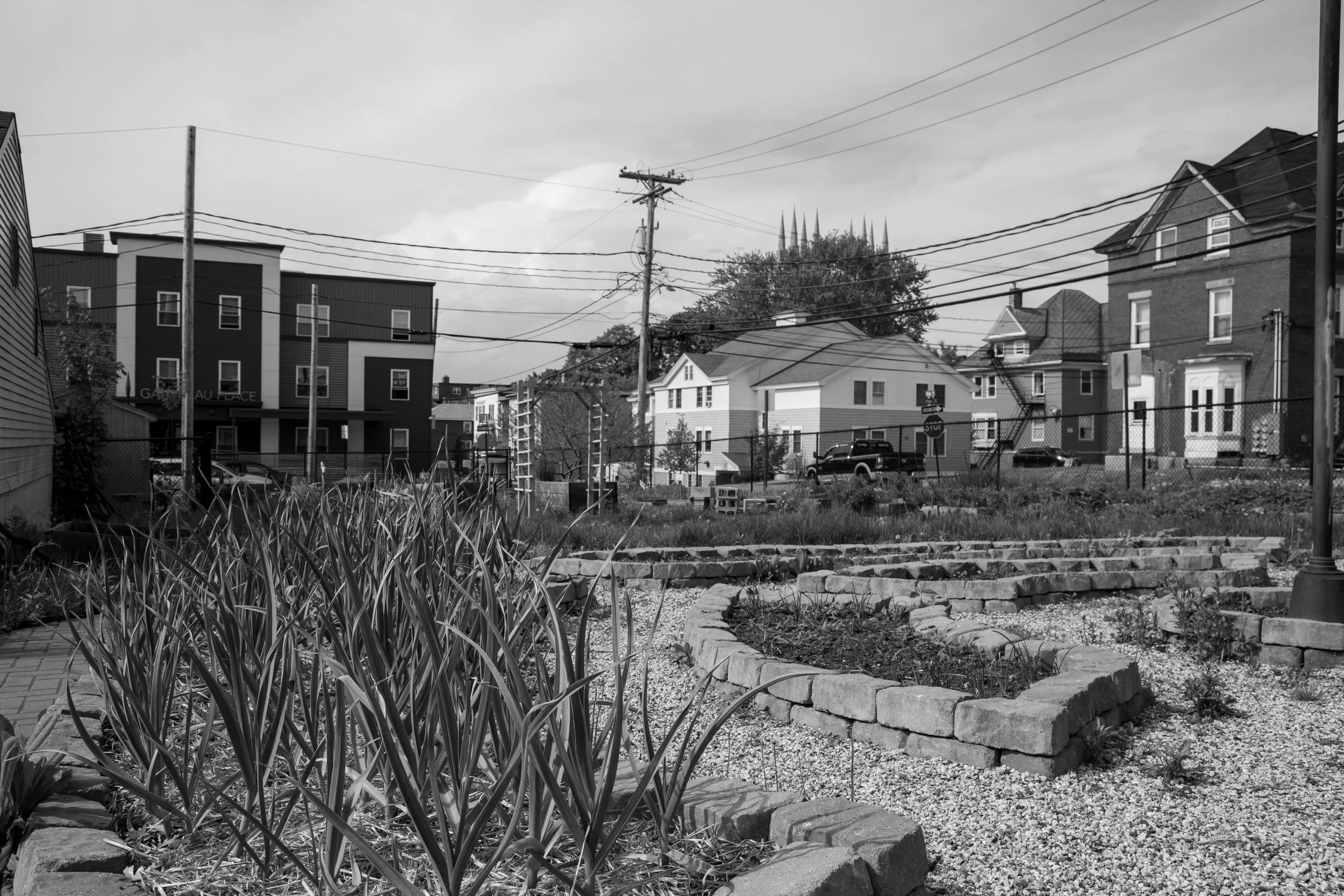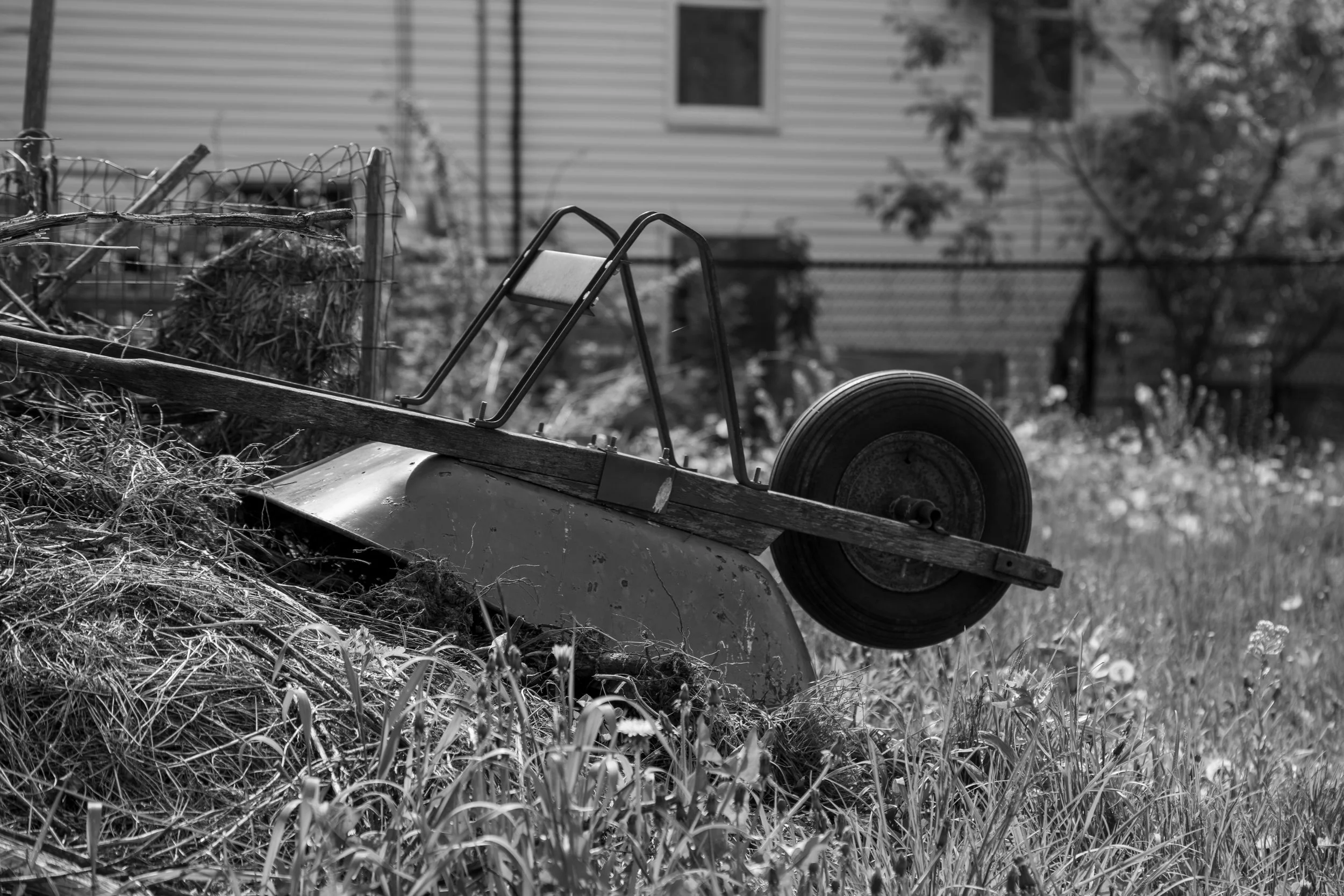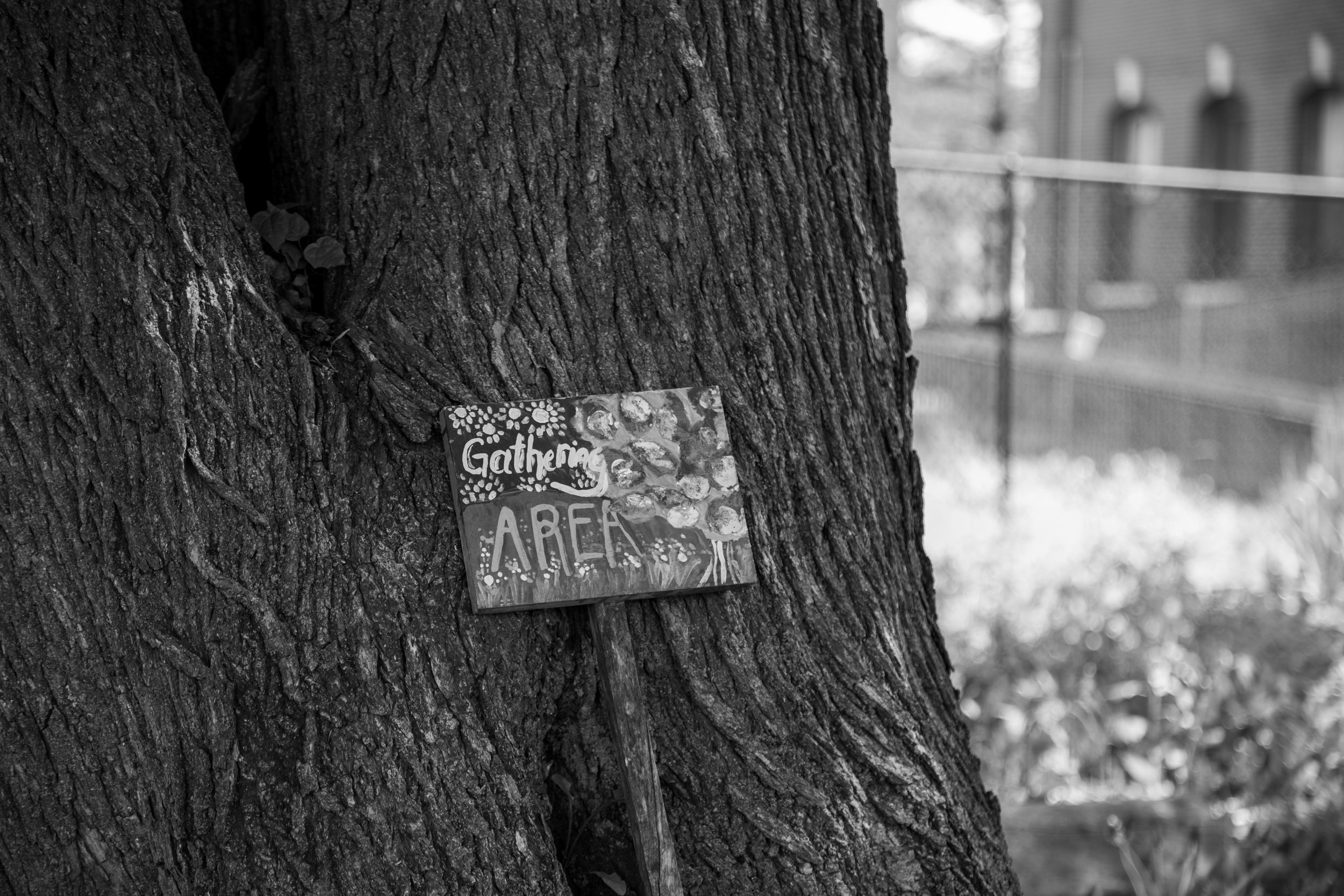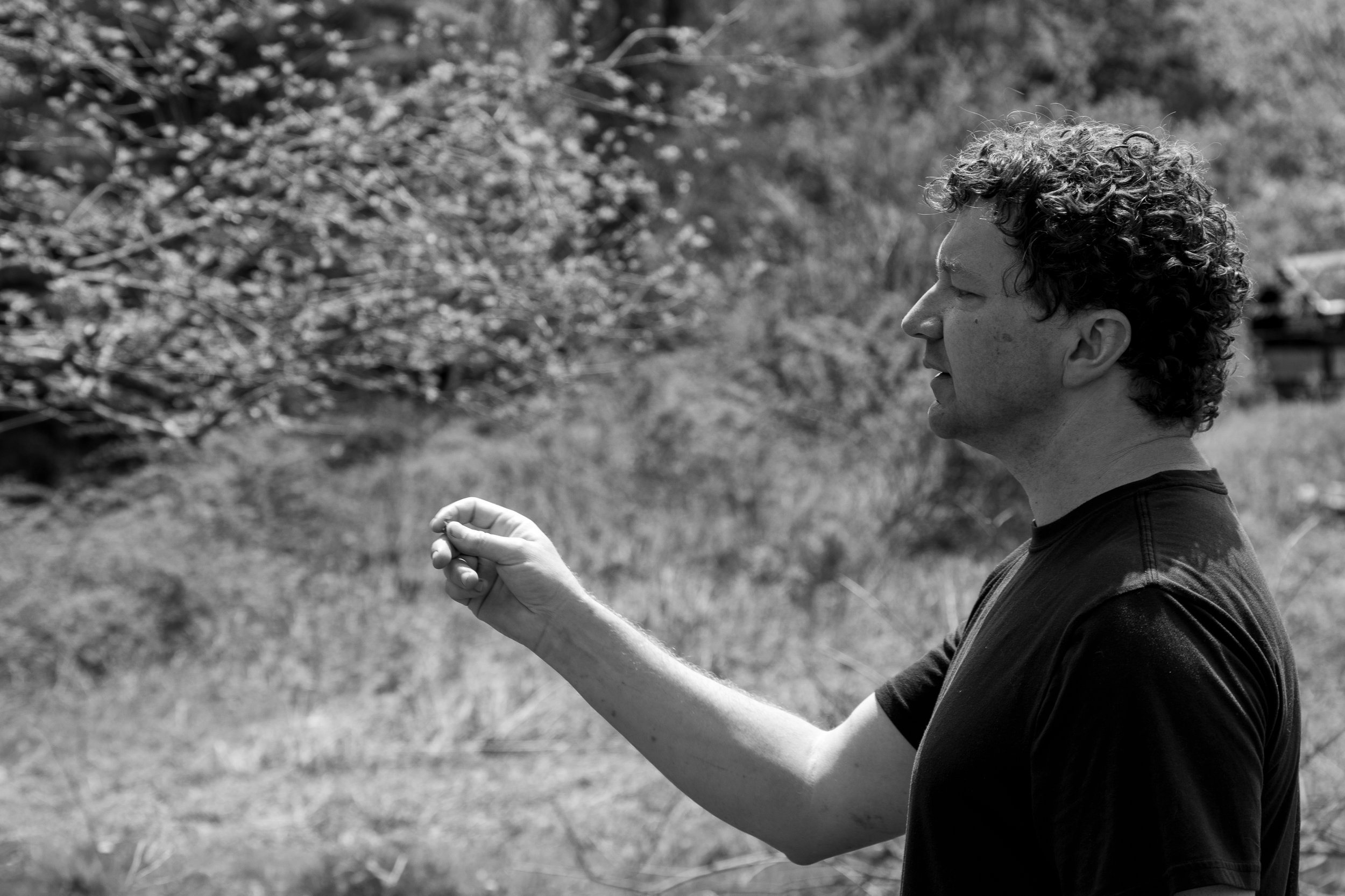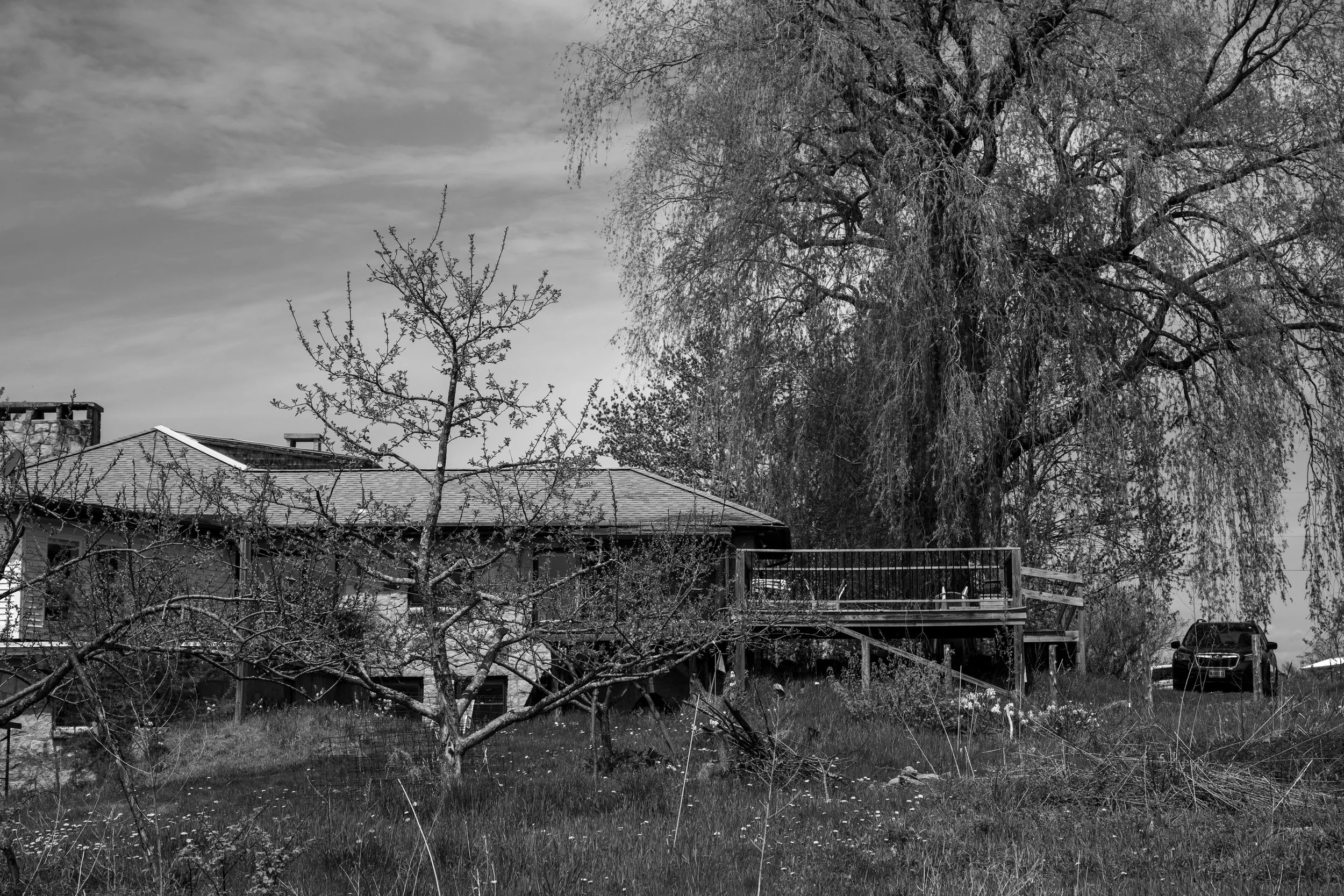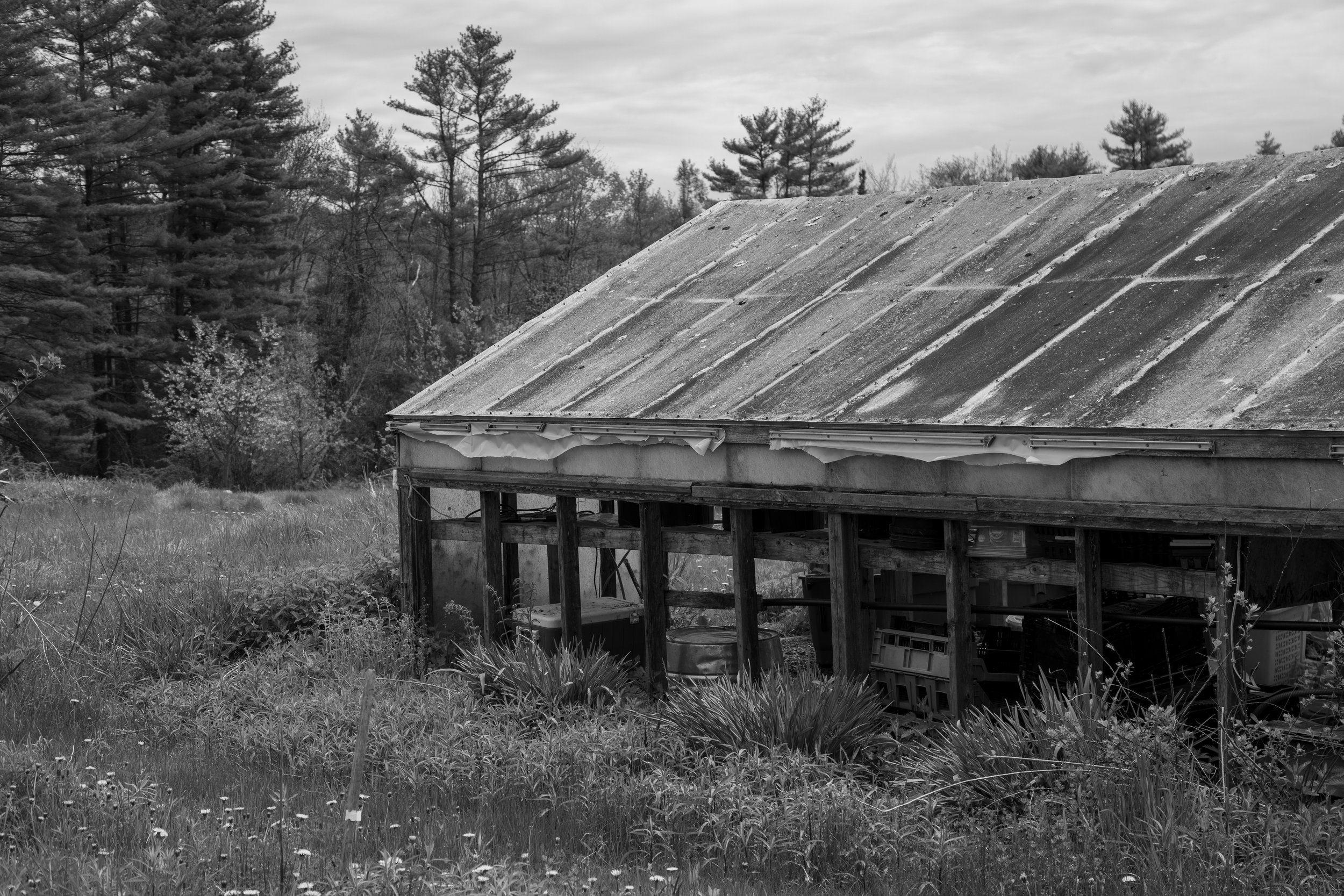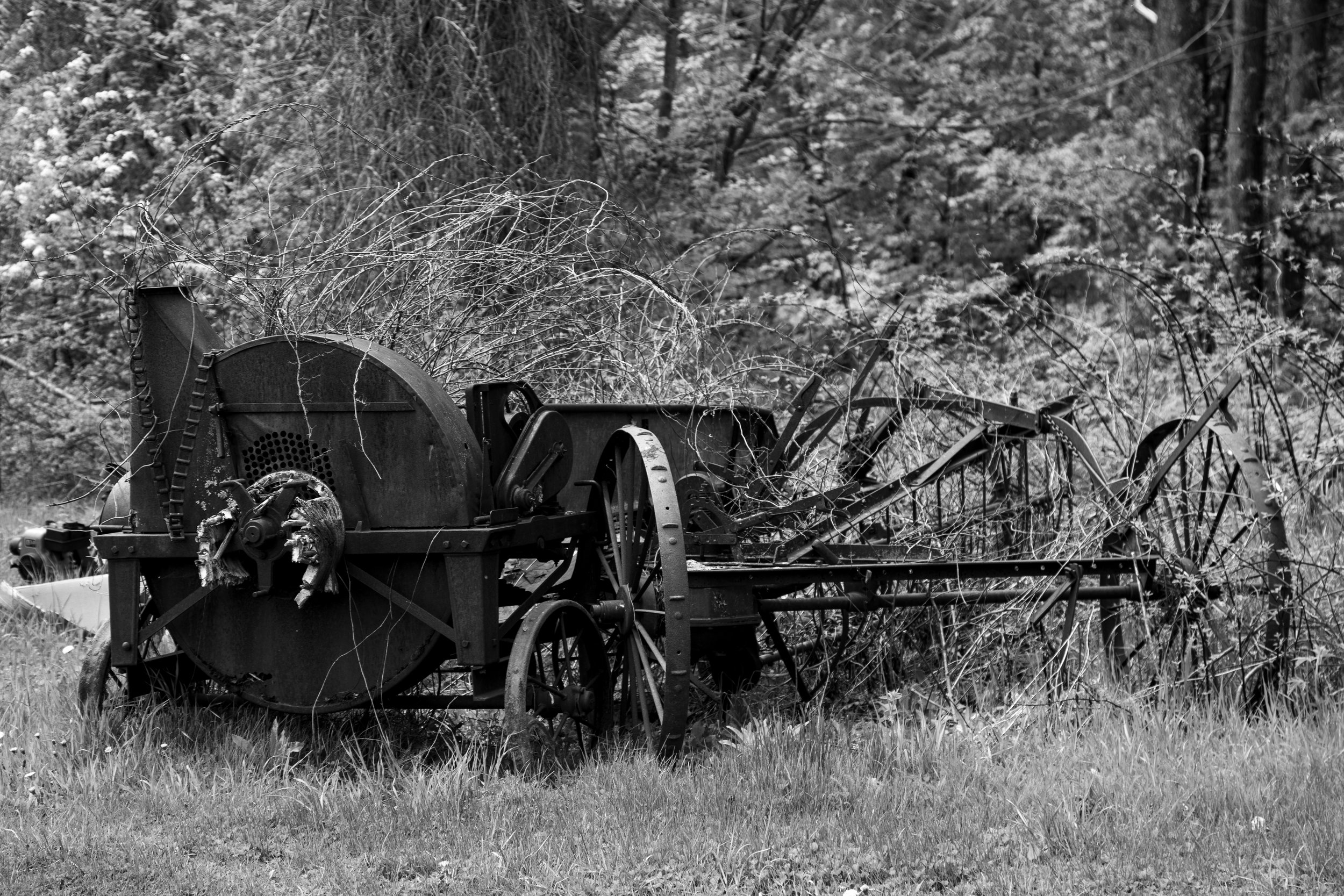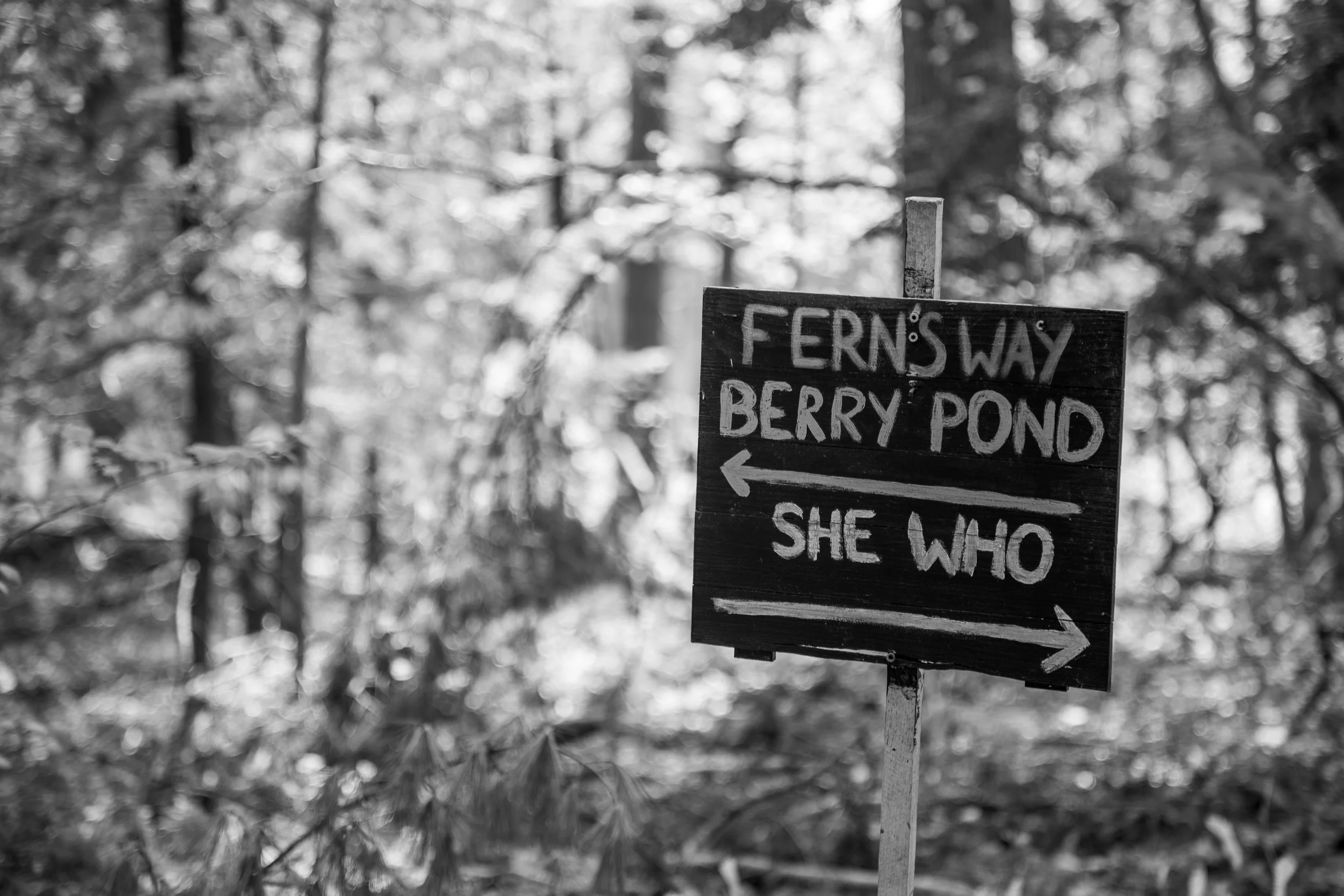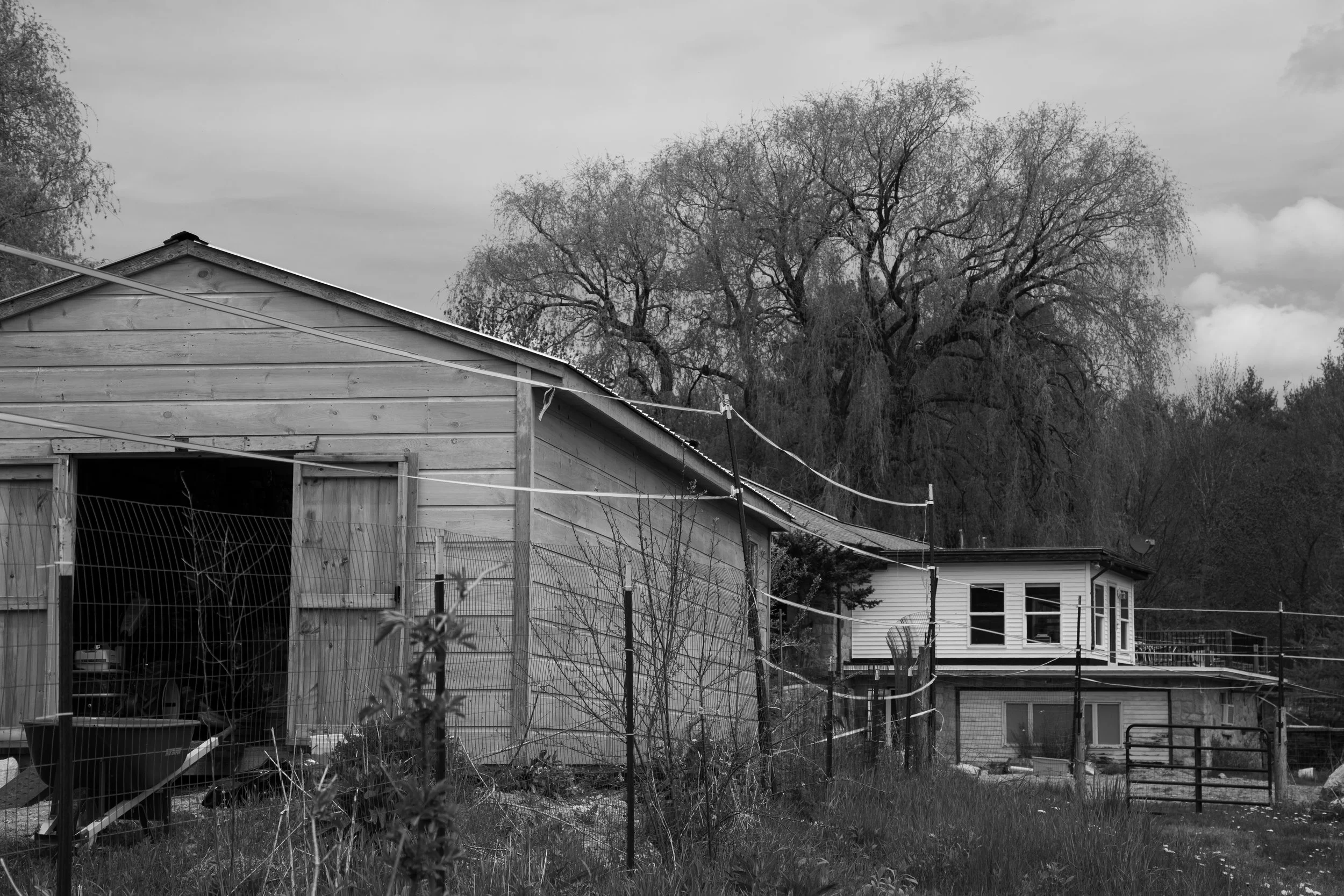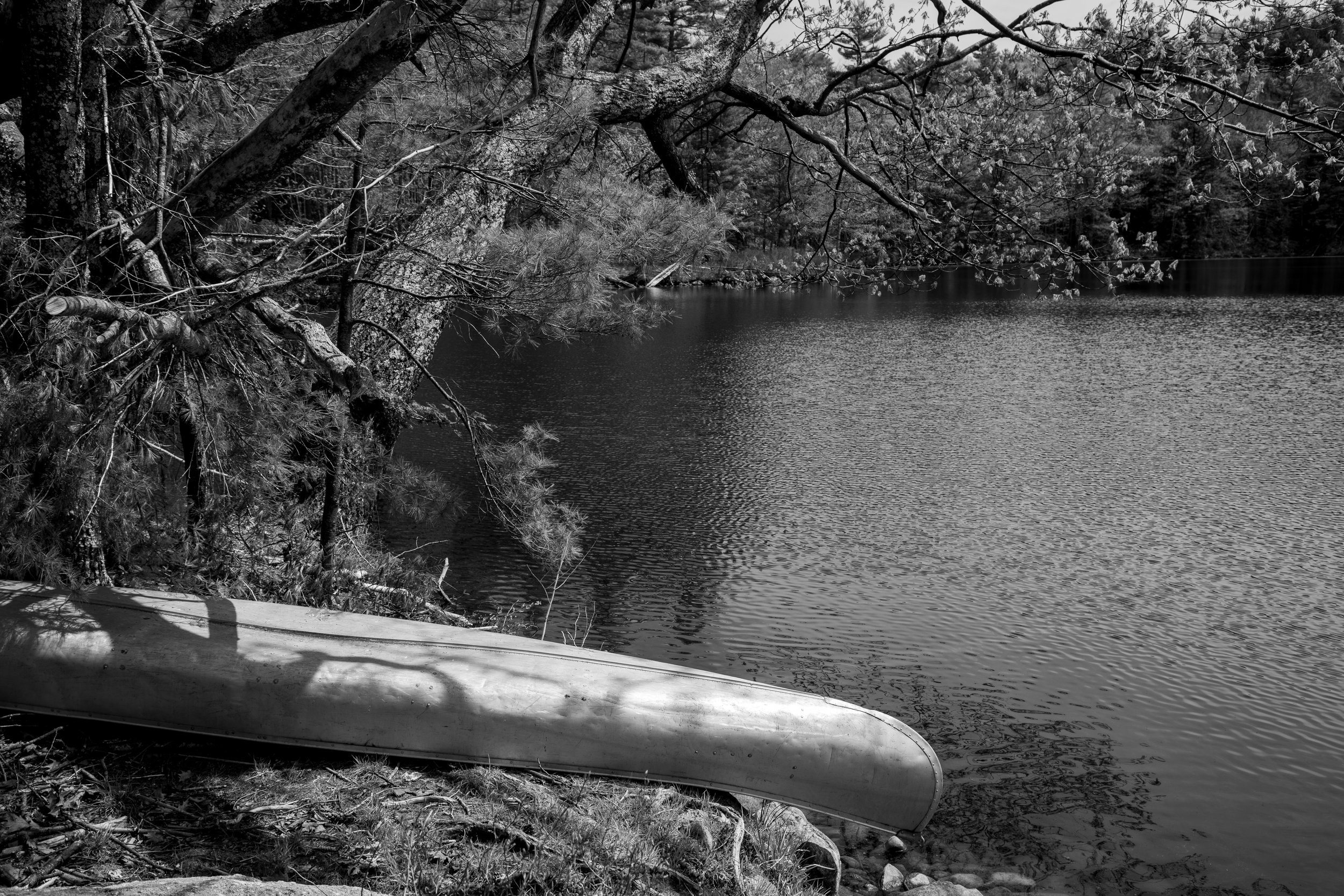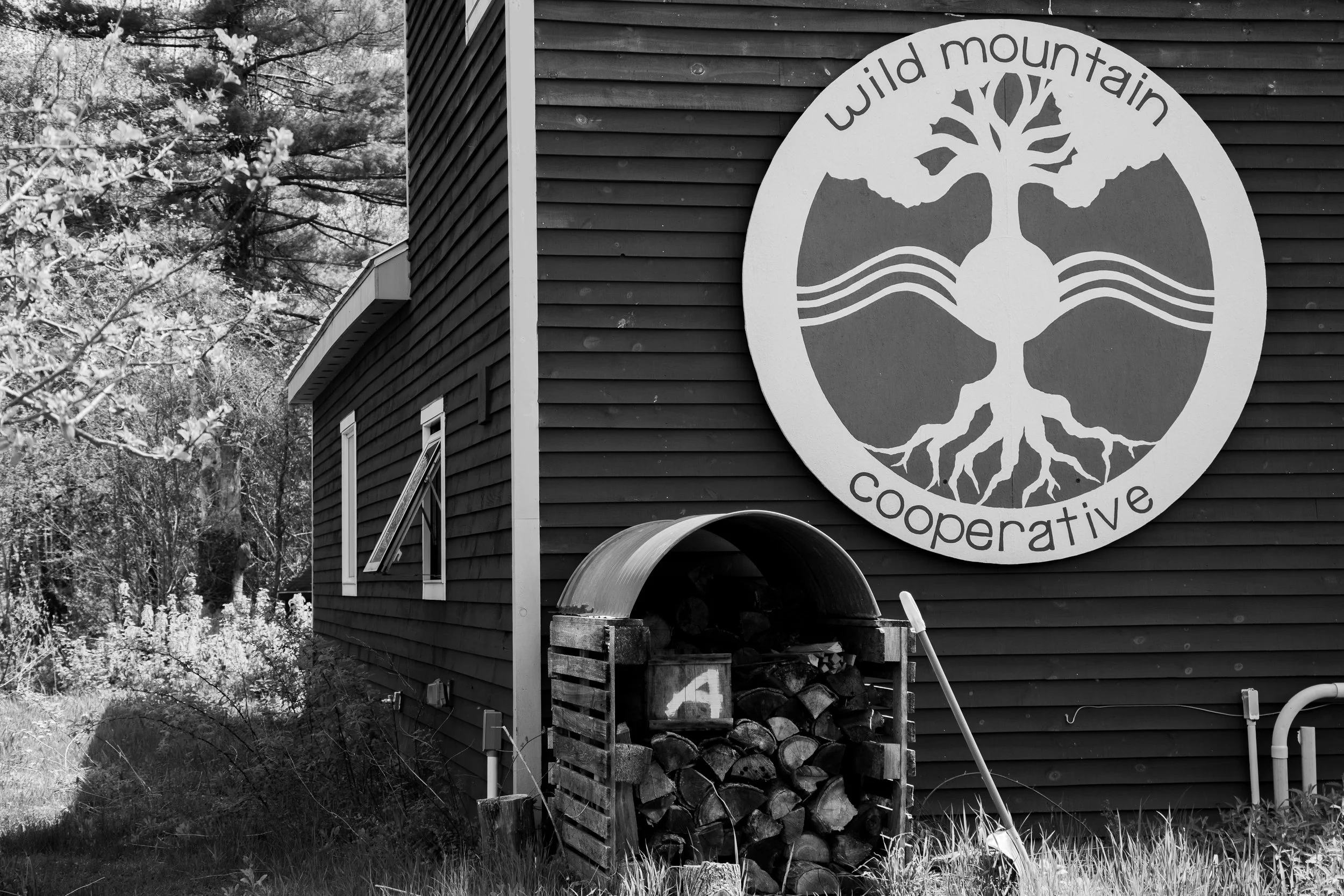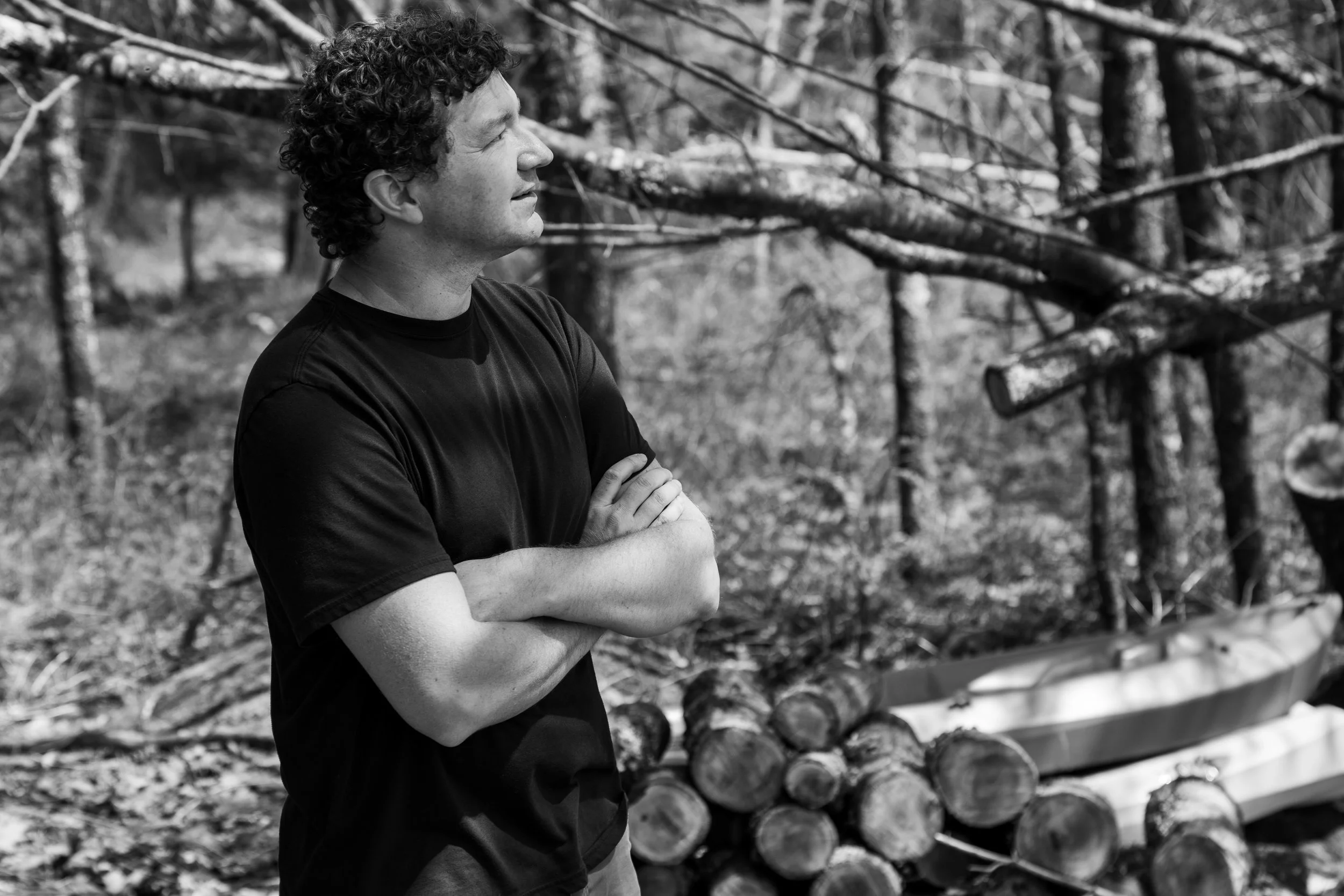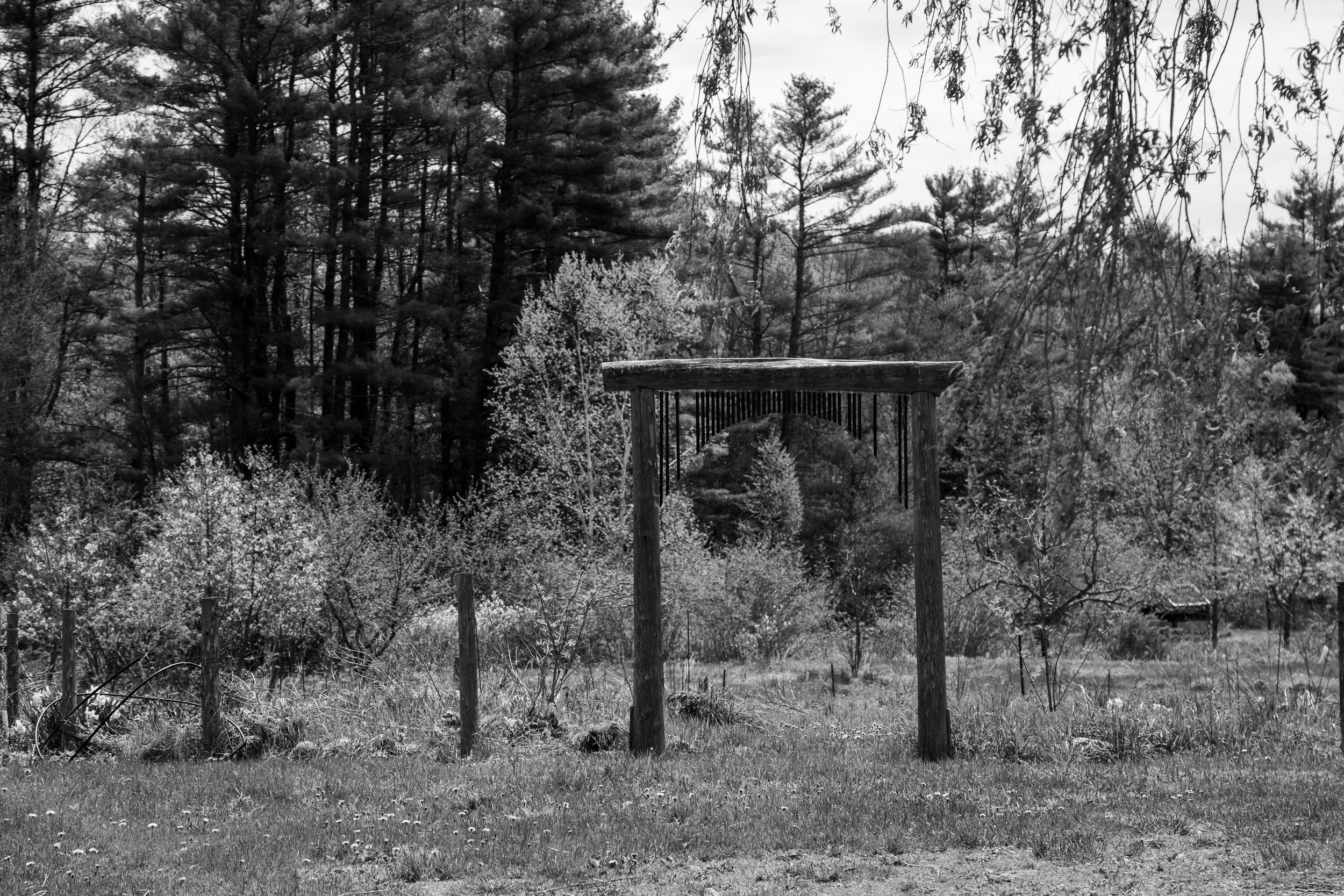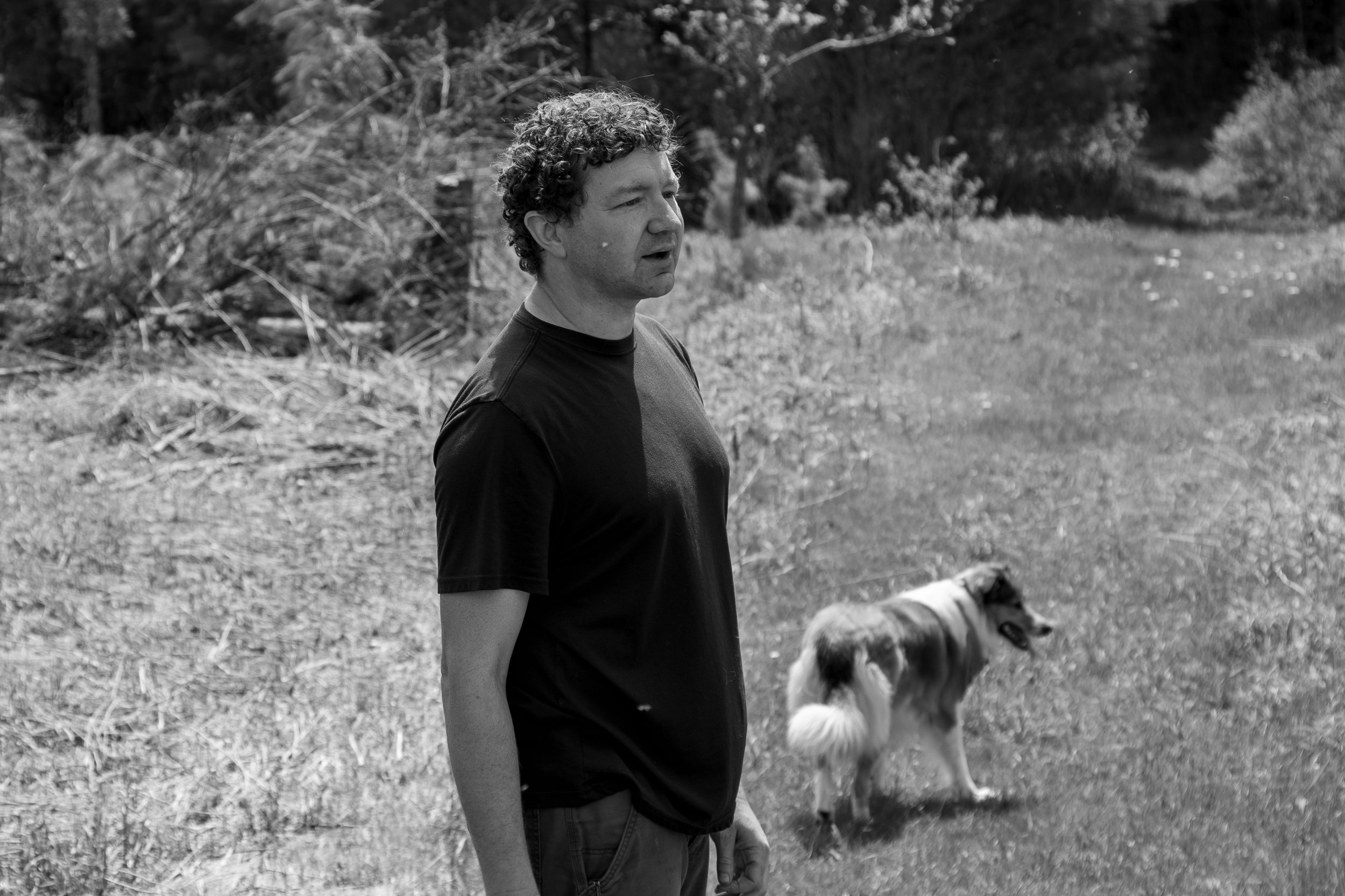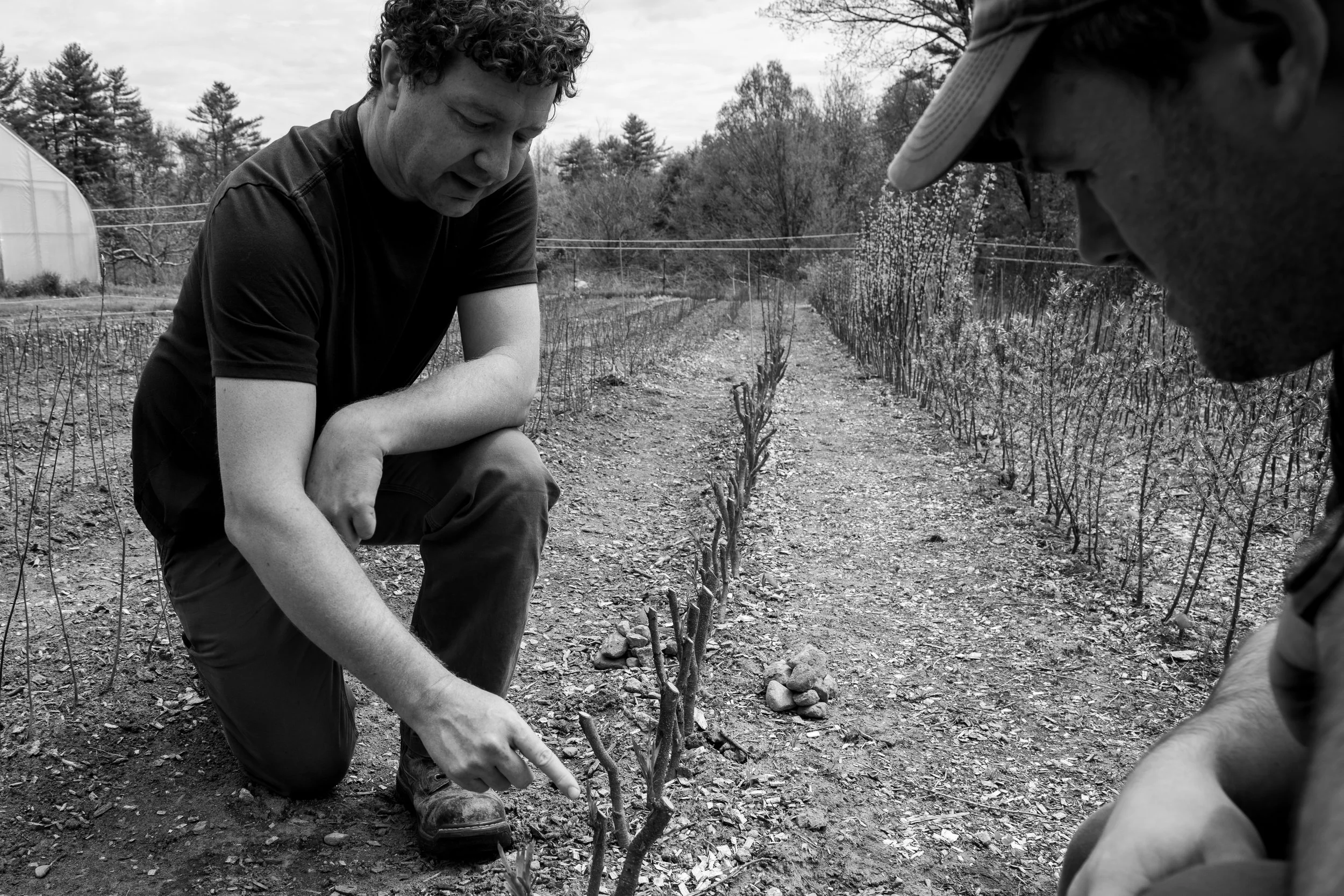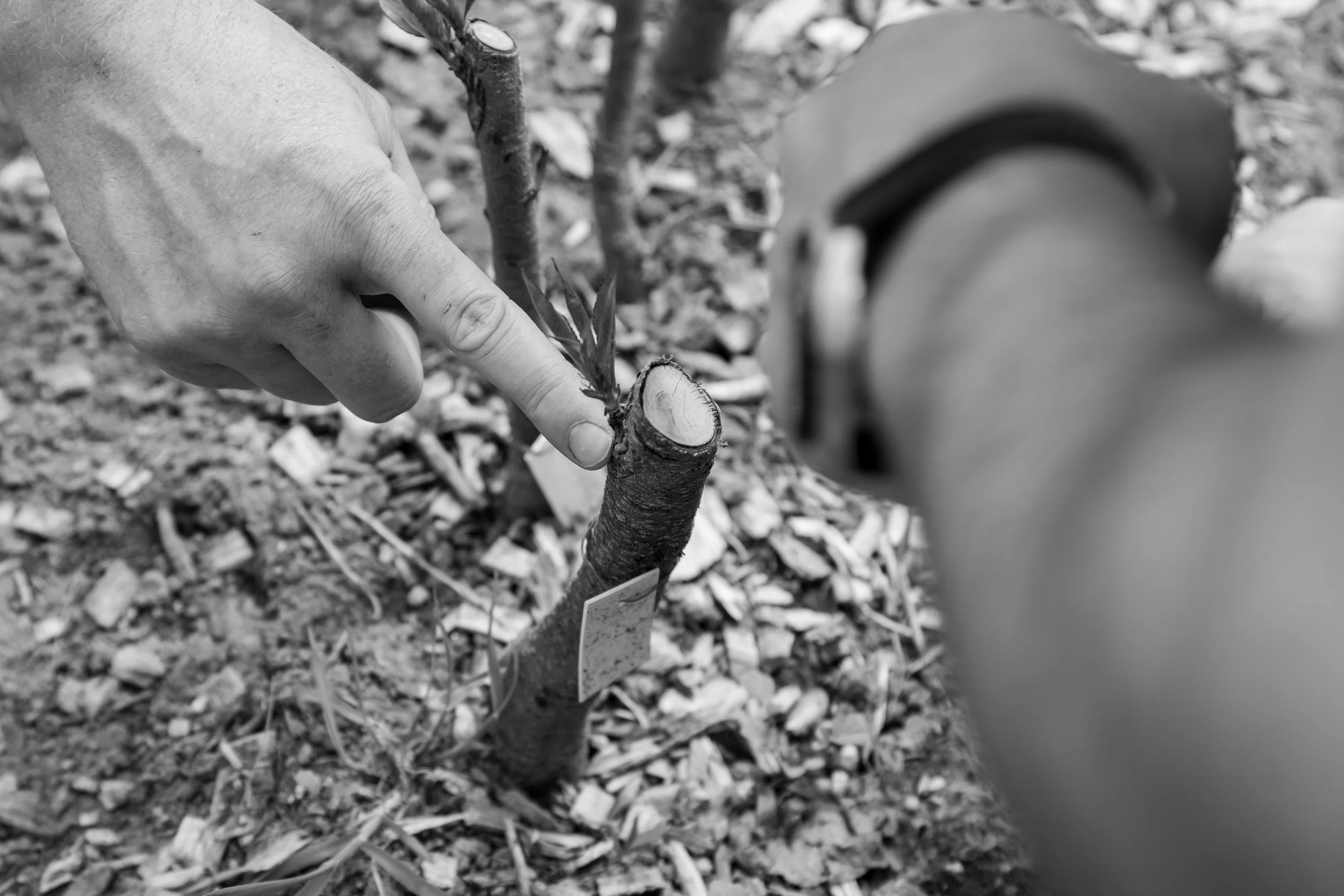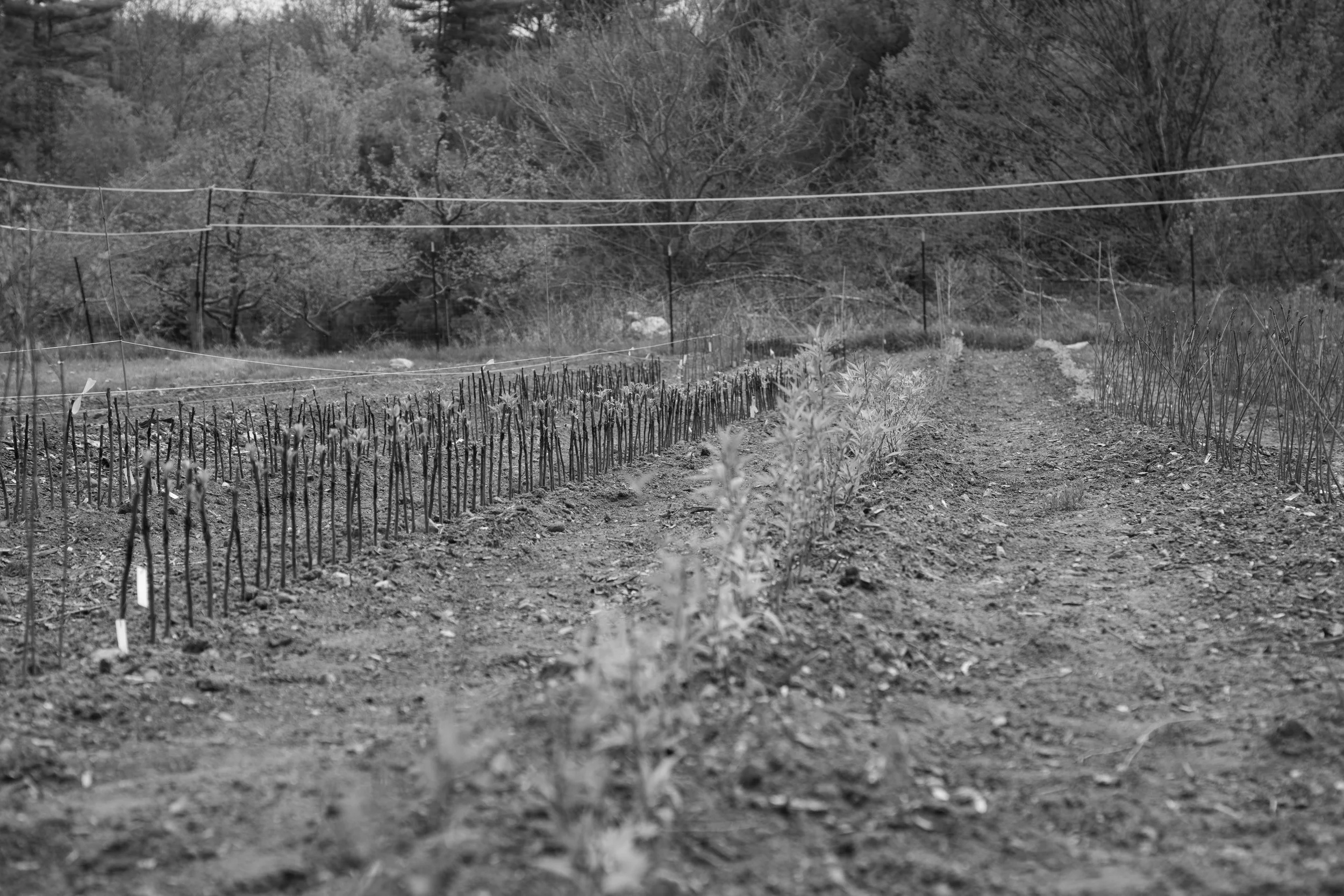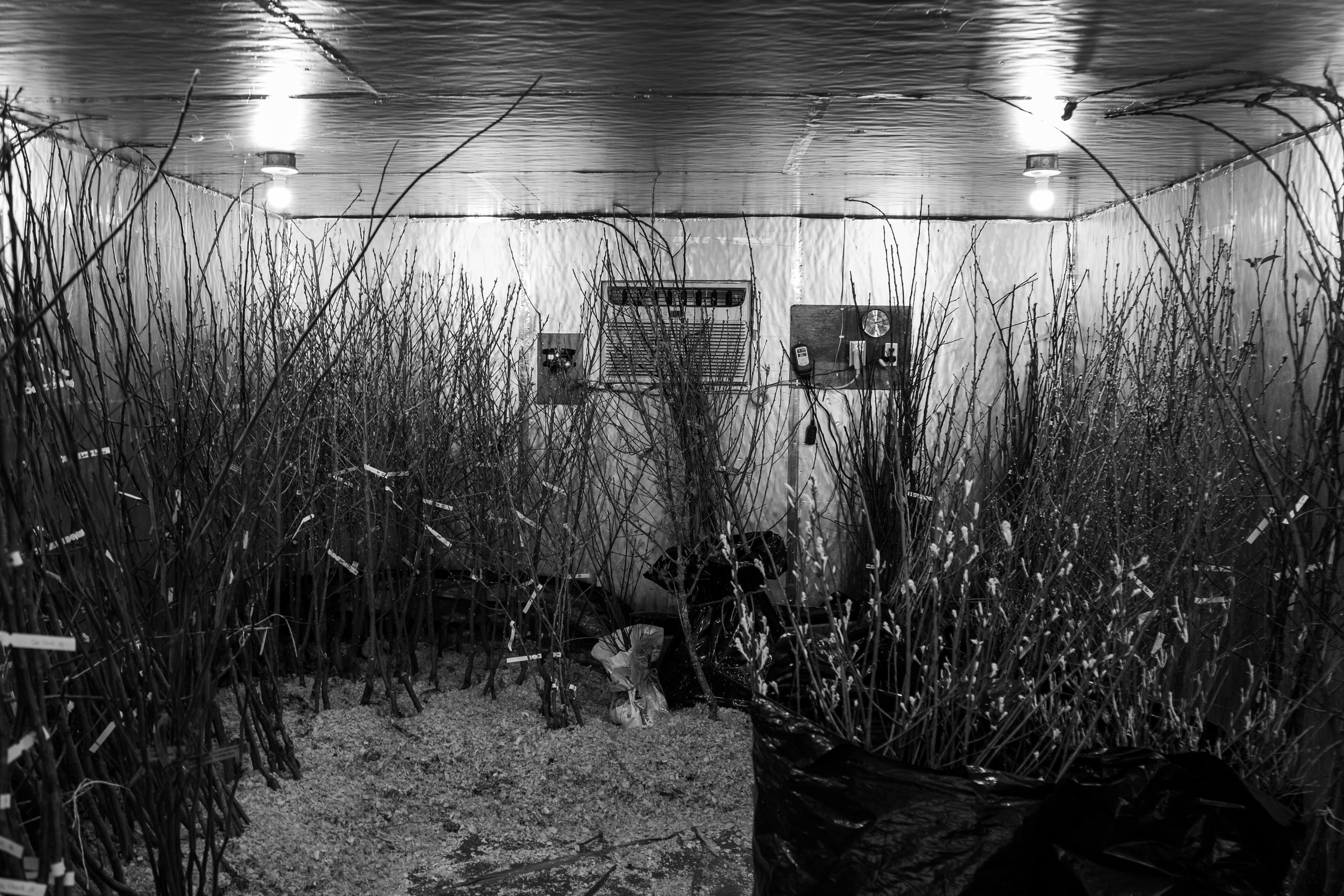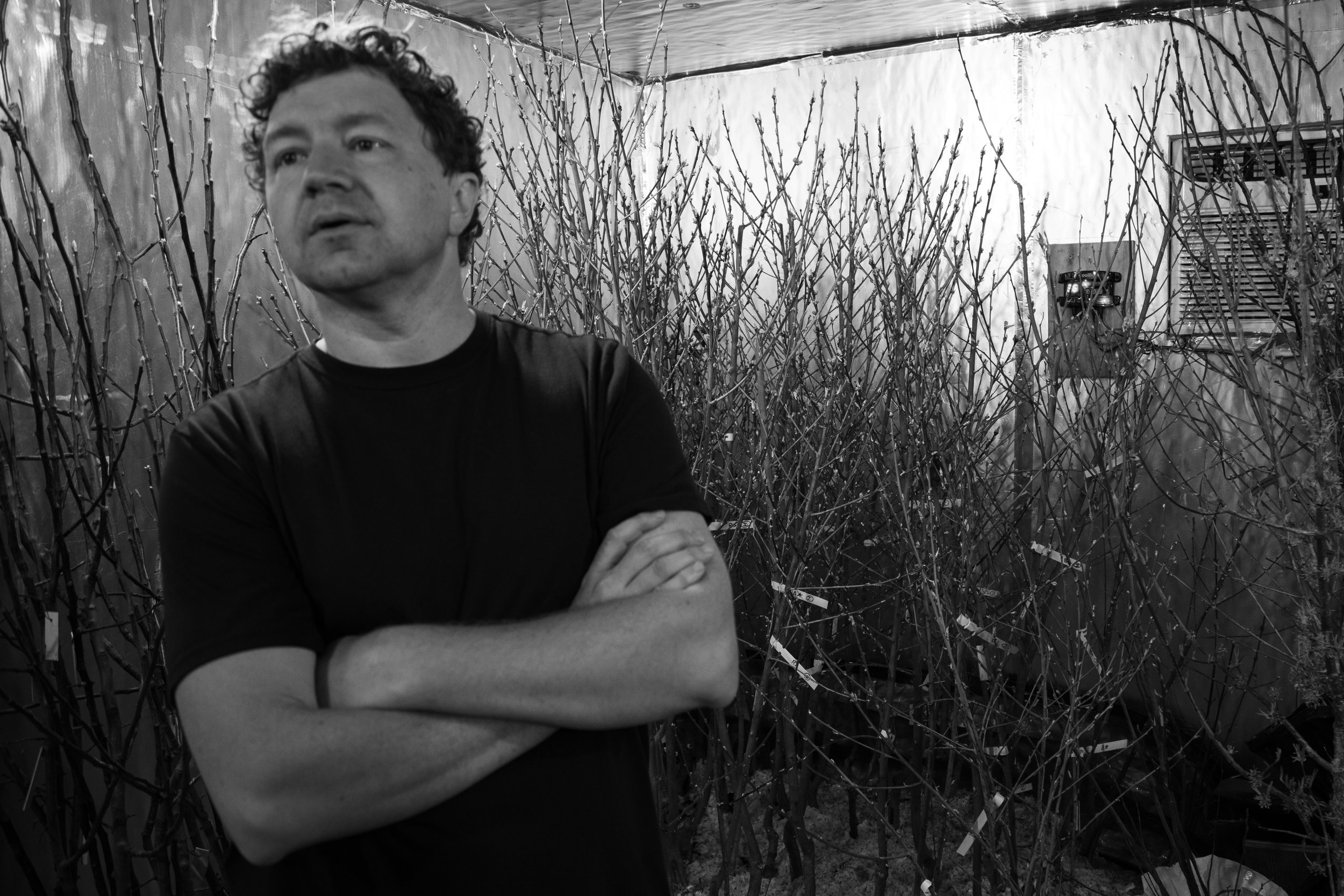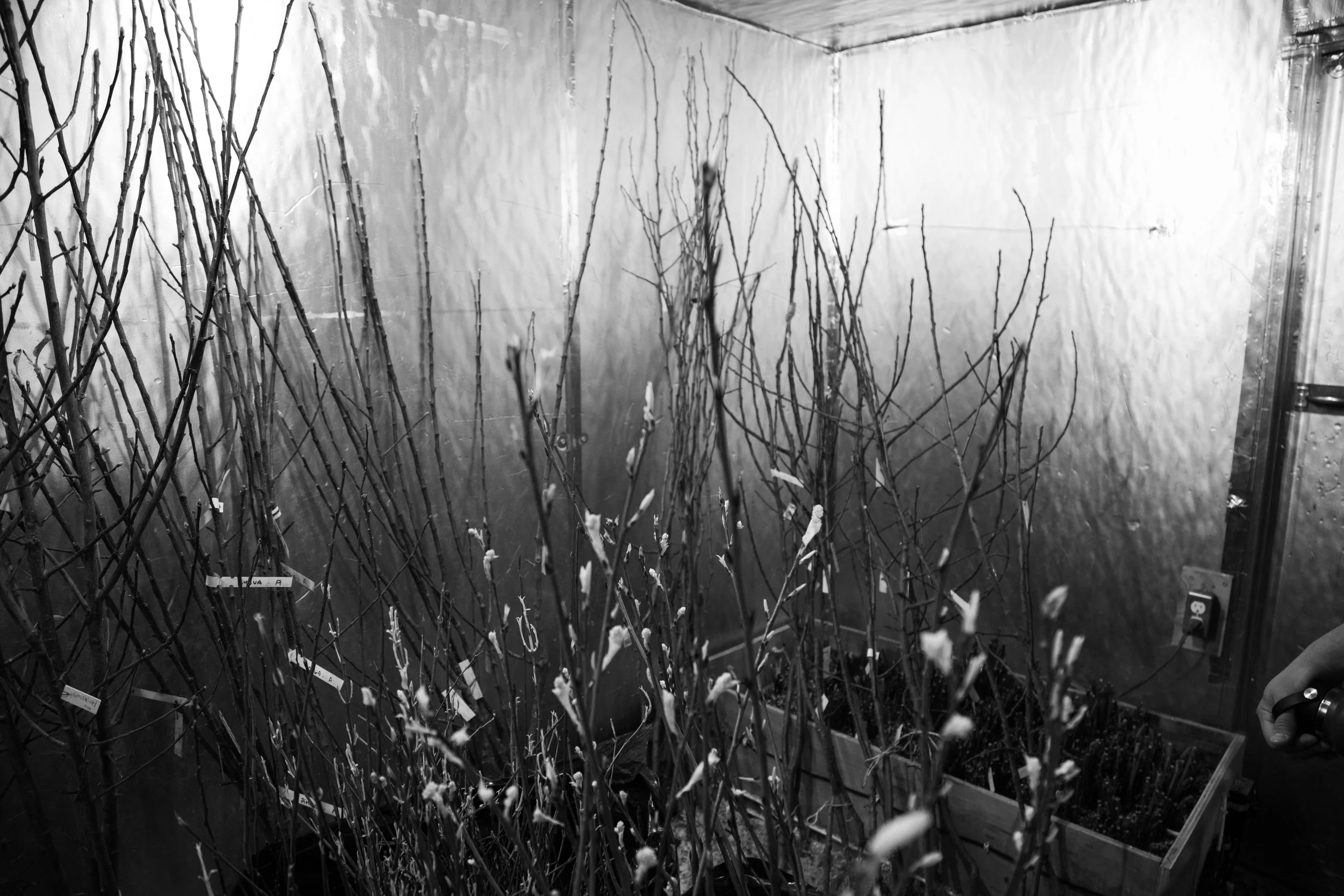What does it mean to feed a community, ensure rightful ownership of land used, while protecting that land for future generations? This visual essay explores these questions within the context of Lewiston and Southern Maine.
↓
Food, Land & Control - Sammy Weidenthal ‘27
Located at 208 Bates Street, across from Lewiston City Hall and less than two miles from Bates College, the St. Mary's Nutrition Center operates out of the historic Wallace schoolhouse. This center plays a crucial role in empowering the Lewiston/Auburn community towards food sovereignty, offering resources for residents to maintain control over their diets with a focus on cultural relevance and educational opportunities. It has spearheaded a community food assessment and planning initiative—the first of its kind in Maine—which led to the formation of the Good Food Council of Lewiston-Auburn (GFCLA). This regional food council is part of a national movement that leverages community food assessments to craft comprehensive, sustainable food and nutrition strategies incorporating both programmatic and policy changes.
The center, supported by a mix of volunteers and paid staff like Alison McConnell, the community growing coordinator, engages the community through weekly food distributions in a store-like setup, where patrons can personally select their groceries. Additionally, the center hosts cooking events and prepared food gatherings, and partners with the Lewiston Farmers Market to enhance community engagement and foster connections between local growers and residents.
St. Mary’s embodies a crucial node in the local and broader dialogue on food justice and sovereignty. For Bates students seeking practical engagement with the theories discussed in class, the center offers a compelling ground for both learning and action.
Engagement Through Education
Education transcends traditional classroom boundaries. The center integrates food education into its core mission, transforming everyday cooking and gardening into profound lessons on nutrition, sustainability, and self-sufficiency. Programs like Lots to Gardens not only teach the art of urban gardening but also emphasize the empowerment that comes with growing one's food, crucial for communities traditionally marginalized by industrial food systems.
Community Connection and Practical Impact
Students volunteering at St. Mary's step into a world where food is a bridge between cultures and a tool for community resilience. Participating in cooking classes or helping in the gardens, students can see firsthand how local food systems support not just physical health but also community well-being. These experiences offer practical examples of how local actions contribute to broader food sovereignty goals, providing fresh, culturally relevant food to those who need it most.
Synthesizing Action and Advocacy
St. Mary's offers a platform for students to apply their academic learning in real-world contexts. The center's focus on inclusive, hands-on education aligns with the fight for equitable food systems, inviting students to explore how they can contribute to this global movement from their local standpoints while also bringing their unique perspective as a student. By engaging with the center, students learn not just to grow food but to think critically about what it means to create inclusive, sustainable food systems in their own communities.
A Call to Bates Students
Whether you're interested in the nuances of food policy, eager to get your hands dirty in the garden, or looking to develop a critical understanding of food narratives, St. Mary's offers diverse opportunities to deepen your engagement with food justice and sovereignty in a space accessible to students within walking distance and with so much direct benefit to the community surrounding our campus.
Integrative Practices at Wild Mountain Cooperative and Land in Common
Ethan Miller detailed the unique operational relationship between Wild Mountain Cooperative and Land in Common during our discussions. One of the key features of their collaboration is the commitment to ensuring that the land remains reclaimable by native populations. This is a fundamental aspect of their ethos; they are prepared to transfer the land back to native communities at any time, should the need arise and the nation is willing and able to maintain responsibility of ownership. This practice underscores a deep respect for indigenous rights and a proactive approach to restorative justice in land ownership. Moreover, Ethan explained the distinct ownership structure where the land and the buildings on it are owned separately. This strategic separation ensures that the agricultural land can be preserved for future generations, irrespective of any developments or changes that might occur with the buildings. This model is designed to safeguard the continuity and sustainability of farming practices, even as other circumstances may evolve.
Life at Wild Mountain Cooperative
Ethan, along with other members, resides at Wild Mountain Cooperative, embodying the principles of communal living and resource sharing. This arrangement not only enhances the sustainability of their daily lives but also fosters a closer, more responsible relationship with the land they farm and protect. The cooperative lifestyle allows members to live minimally yet meaningfully, reducing their ecological footprint through responsible farming techniques while maximizing their positive impact on the environment through responsible planting and land use.
Environmental Challenges and Opportunities
An important yet sobering aspect of the land managed by the cooperative includes Berry Pond, which, despite its natural beauty, cannot be used for food fish due to mercury pollution. This environmental issue highlights the broader challenges faced by sustainable farming communities and underscores the importance of environmental remediation and cautious land management. It also serves as a stark reminder of the impacts of industrial pollution and the need for vigilant environmental stewardship.
To sum it all up:
In Southern Maine, the struggle for food sovereignty takes a deeply personal dimension, as I discovered through my volunteer experiences at St. Mary’s Nutrition Center and the Lewiston Farmers Market. My involvement offered a firsthand look at how these organizations cultivate community ties and champion local agriculture.
While setting up for an anniversary dinner at St. Mary’s, I engaged in the meticulous preparation of traditional Somali dishes and witnessed the community's enthusiasm for locally sourced food. This event wasn't just a celebration of St. Mary’s 25-year legacy but also a testament to its vital role in the Lewiston/Auburn area, fostering a deeper connection with food that goes beyond mere consumption.
A few days later, a planned outdoor dinner at the Lewiston Farmers Market was relocated to St. Mary’s due to rain. The change in venue didn't dampen spirits; instead, it showcased the community's adaptability and dedication. Volunteers and patrons alike mingled, sharing stories and enjoying a meal that highlighted local produce, with meatballs sourced directly from nearby farms. This gathering was more than a meal; it was a vibrant example of cultural mingling and community support for local agriculture, reflecting the area’s commitment to making sustainable, locally-grown food accessible to all, regardless of socioeconomic status.
These experiences, vividly captured through photography, underscore the practical challenges and triumphs of food justice and sovereignty in Maine. The images tell a compelling story of community effort and resilience, illustrating the significant impact of local agricultural initiatives on fostering sustainable food systems which are crtitical for ensuring sustainable food security for all in future generations.
In Southern Maine, the landscape of sustainable agriculture and land conservation is significantly shaped by the initiatives of Wild Mountain Cooperative and Land in Common, with pivotal contributions from Ethan Miller, a Bates College alumnus from the class of 2000. Ethan's insights and leadership help forge a path toward a truly sustainable and just approach to land management.
